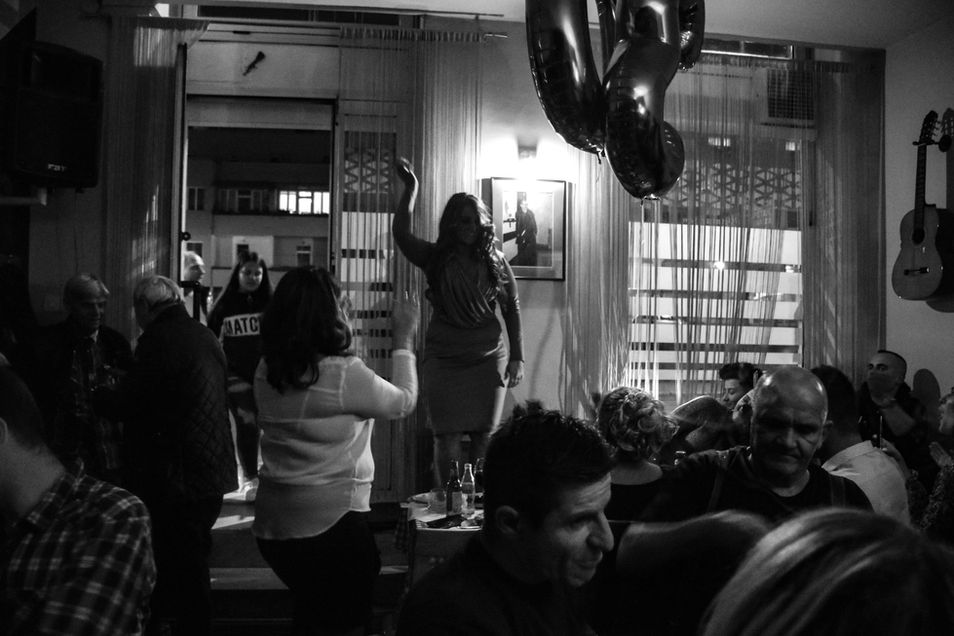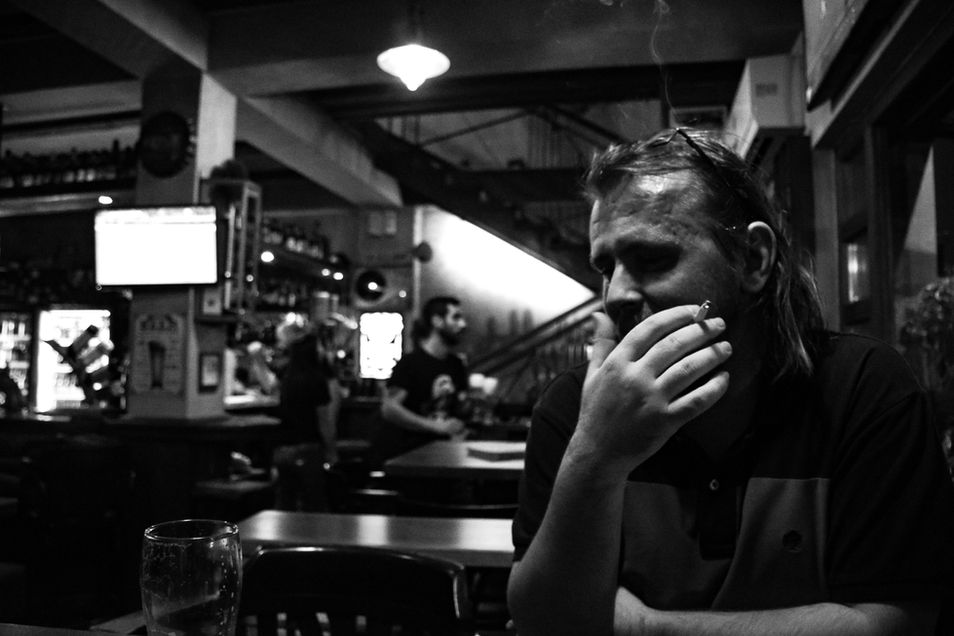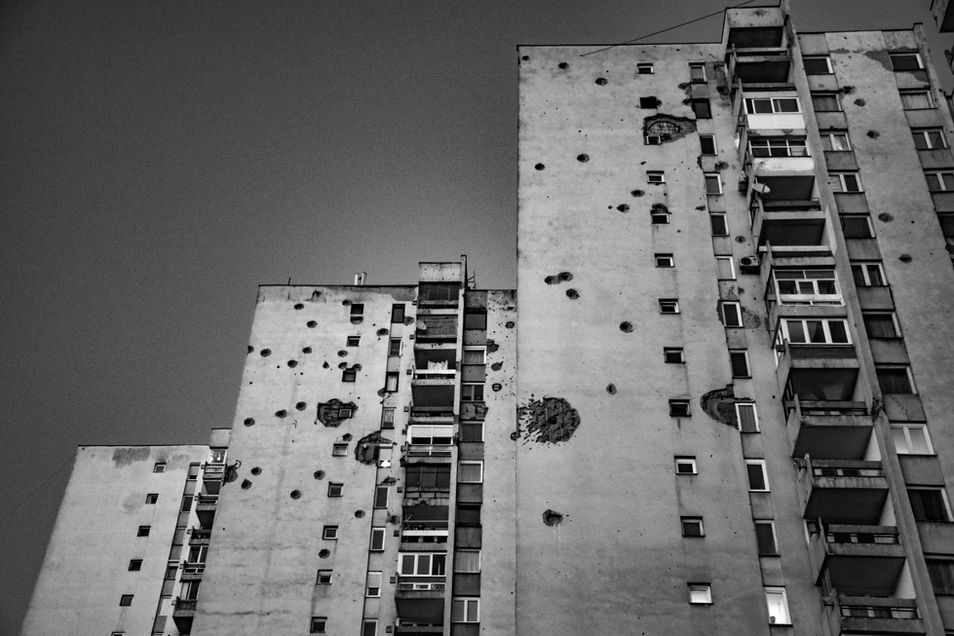SARAJEVO 84
In Sarajevo, a city nestled in the mountains of Bosnia and Herzegovina, it is possible to reach the Olympic facilities built for the Winter Games hosted by the city in 1984.
That year, Sarajevo introduced itself to the world, proudly showcasing its burgeoning culture to viewers across the globe.
Then nicknamed "The Little Jerusalem," Sarajevo was one of those places of perpetual conflict between East and West, before becoming a symbol of brotherhood among the South Slavic peoples. This unique intermingling of Bosnian, Croatian, and Serbian populations gave its inhabitants a sense of being Sarajevan above all else.
February 1984: Sarajevo organized this final moment of union for the Yugoslav people before the collapse of the Socialist Federal Republic of Yugoslavia. In a cruel twist of fate, the city would become, only a few years later, the original stage of a bloody fratricidal war.
April 1992: Bosnia and Herzegovina declared its independence, and its capital, Sarajevo, was besieged from the heights by Serbian armies until February 1996. Three years of shelling, sniper fire, and the psychological torture of an innocent population.
Since then, the city has vanished from television screens. Cemeteries have flourished on the hillsides and memories of a fraternal past are slowly dissolving, while the ballet of diplomatic cars continues to blend into the scarred urban landscape.
It is impossible for a foreigner passing through Sarajevo not to be reminded of the suffering of the besieged city, and of a population trapped and tortured in full view of the entire world.
Strange sensations on the asphalt of a forgotten martyr city.
A painful frustration bleeds through the irony-tinged words of its inhabitants, resigned to suffering in silence in the face of a political system now governed by nationalist egoism and ethnic absurdities. A society in which the duty to remember mingles with the trauma of war, a fertile ground for subtle manipulations fueled by that infamous blend of nationalism, religion, and corruption.
The Sarajevans' love for their city now embraces disgust and weariness for their stillborn country. Twenty-five years ago, the hourglass stopped and the horizon froze. Hope for a better future is thin, yet laughter and folk songs continue to echo behind the scarred walls:
"Sarajevo, My Love"
The Olympic city has indeed vanished, but beyond the tragedy, there remains the hope that Sarajevo '84 becomes more than just a vacuum-packed memory of a pleasant Yugoslav city. The experience of this "living together" seems to have forever etched a destiny for this city, a future still out of reach: the writing of the first pages of a Bosnian society rid of the shackles of Identity, finally freed from the clutches of the past.
Thanks to all those Sarajevans whose blood tests and reflections would make any champion of nationalism pale.
Sanin and Snezana, my first two bottles thrown into the sea upon my arrival. The writer Lejla Kalamujic for her keys to understanding Bosnian society. Davor and Sabrina, my neighbors who shared their past and daily life with me. The director Nenad Dizdarevic, who allowed me to dive into that little-known Yugoslavia, from the depths of the counter of that hidden bar on Marshal Tito Avenue. Goran, proud to have all three communities running in his veins. Alen and his words, symbols of a Bosnian youth caught between survival and the dream of emigration.
Thanks to all the others who do not appear in the photographs.
























